Book Review: We Love You, Bunny by Mona Awad
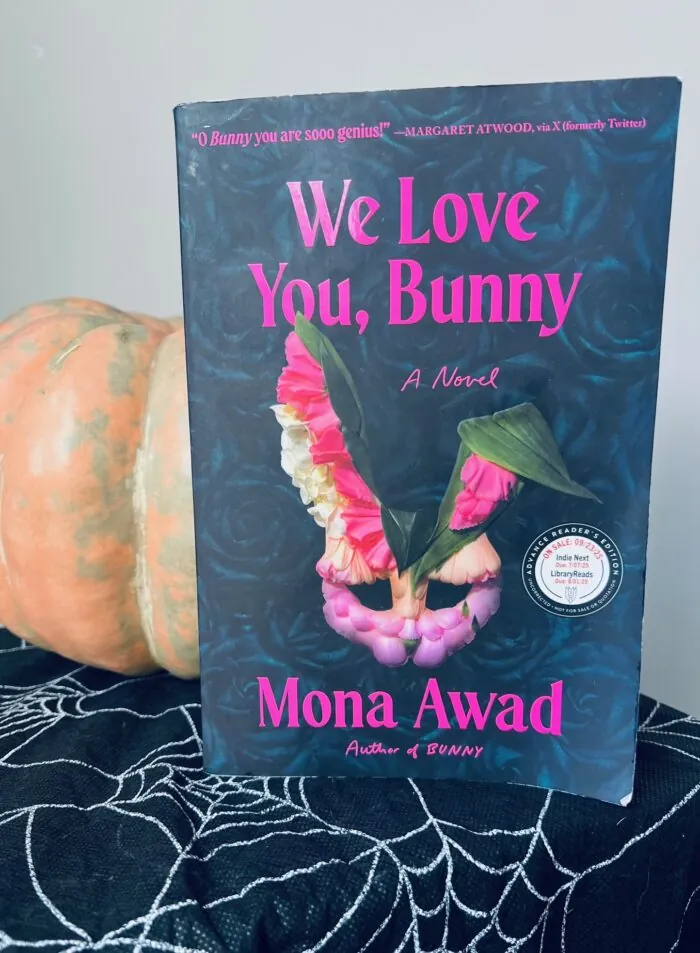
I’m always hesitant to read the second book in a series, when I haven’t read the first. But We Love You, Bunny by Mona Awad is supposed to be a prequel of sorts, and the publicist promised me I didn’t need to have read the highly lauded Bunny that came before it, so I took a chance and read it anyway. It was consequently shortlisted for the Giller Prize just a few weeks ago, and I can see why; it’s a very bizarre kind of book that gets bookish folks excited, Margaret Atwood herself is a huge fan of Awad and is happy to sing her praises. I read one of Awad’s first books many years ago, you can read my review here. I can’t say I was blown away by this latest one, but I was strangely fascinated by the story and its undeniable uniqueness. I also don’t think I’ll ever look at a bunny the same way again…
Plot Summary
The book begins with a group of creative writing college students on Halloween night. They’ve heard their old classmate is in town on her book tour, and have kidnapped her, holding her against her will in an attic. This group of women refer to themselves as “Bunny”, they call each other Bunny, and they even call the girl they’ve kidnapped Bunny. They’re upset at this young woman because she wrote a book that was thinly veiled account of this group and her bullying of her when they were all in the same writing class together. So, they take this opportunity to force her to listen to their side of the story while they hold an axe to her throat. And their story is weird – they recount the first time they all met one another just before class started, how much they hated their first workshop professor and his criticisms of their writing, and how their overwhelming rage at this man enabled them to come together to form a strange, almost sexual connection with one another. Their friendship manifested a dark energy that resulted in them capturing a bunny from campus and turning it into a handsome man named Aerius that then became their muse. While retelling this story to their victim, Aerius’s voice is introduced with his own chapters, where he describes being held captive by these same women, eventually escaping only to become captives to a bunch of poets next.. While Bunny tries to find Aerius, they discover their ability to create other men out of rabbits, so busy themselves doing that for awhile, but none of these new men turn out to be as intelligent or human-like as Aerius, so he remains hunted by Bunny while he yearns to return back to bunny form himself.
My Thoughts
Pretty weird, right? And yet, I never found the storyline spiraling so out of control that I wanted to stop reading. What I enjoyed most about it was the humour in its depictions of creative writing students, and artists in general. Awad herself teaches fiction in a creative writing program in Boston, which very closely mirrors the setting of this story, so if anyone is allowed to poke fun at these people and the strange reality they inhabit, it’s her. Bunny’s outrage with the way their stories are picked apart by other students and professors is entertaining to read about, but what’s funniest is the depictions of the warring creatives on campus; the ‘fictions’ hate the ‘poets’, and everyone hates the drama students. The tale begins to slide into the absurd as violence and gore become commonplace, the axe being the weapon of choice by both Bunny and Aerius, yet none of these deaths seem to compare to the artists’ all consuming search for inspiration. I’ve never been part of an artistic community such as this, but my time working for a literary festival does remind of the dramatics I was witness to in that role when working closely with some writers (not all! But boy do I have stories). Luckily in this case the readers are ‘in on the joke’, because the world of artistic privilege seems all the more ridiculous to us on the outside.
This is also a really sophisticated and thoughtful look at female friendships. I imagine the first book in the series focuses even more on the cruelty of women towards one another based on Bunny’s complaints about how they were depicted in the other woman’s book, so they spend a significant amount of time telling their own version of how their friendship came to be, defending their bullying and cruel behaviour. Because we hear first person accounts from each of them, we quickly realize how uncertain they each are of their place in the group, clinging to one another’s acceptance even as they delve deeper into their violent rituals:
” ‘I’ve dreamed of this moment,’ Vik said. ‘
‘So dreamed of it,’ I lied. I’d been doing this a lot lately, I noticed, Bunny. Echoing. Seconding. Couldn’t seem to stop myself, even when I disagreed, even when I thought, That’s fucking stupid, what I said was, Oh my god, totally” (p. 68 of We Love You, Bunny by Mona Awad, ARC edition).
There’s not many likable characters in this one, but I think that’s the point. We aren’t meant to enjoy these people, instead Awad shines a light on the competition and pressure between those who take their writing so seriously that they can’t see past it to the wider world. It’s an unusual book, but it doesn’t push us too far out of our comfort zones which is why I can recommend it as a Halloween read for those looking for something a bit different.

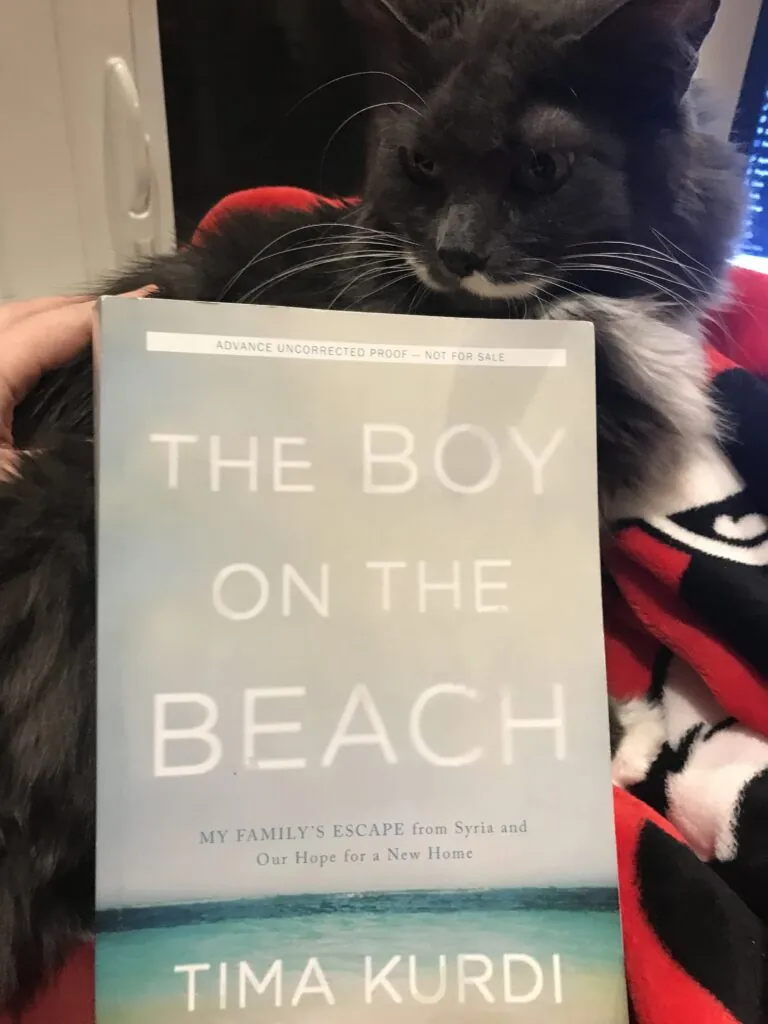
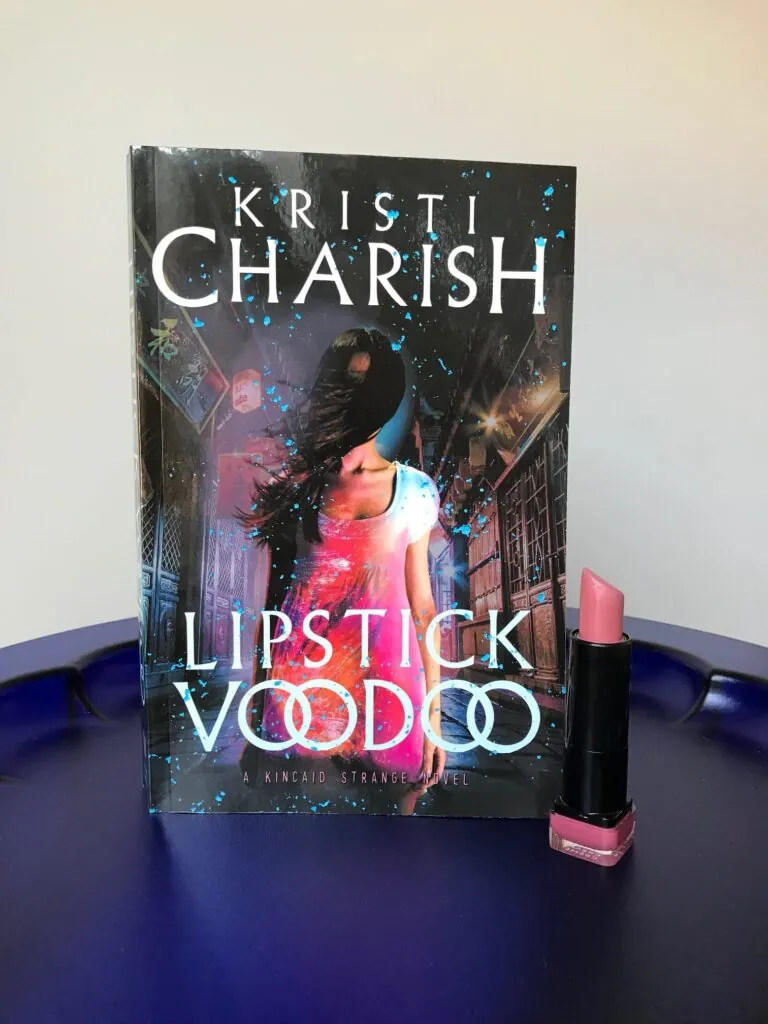
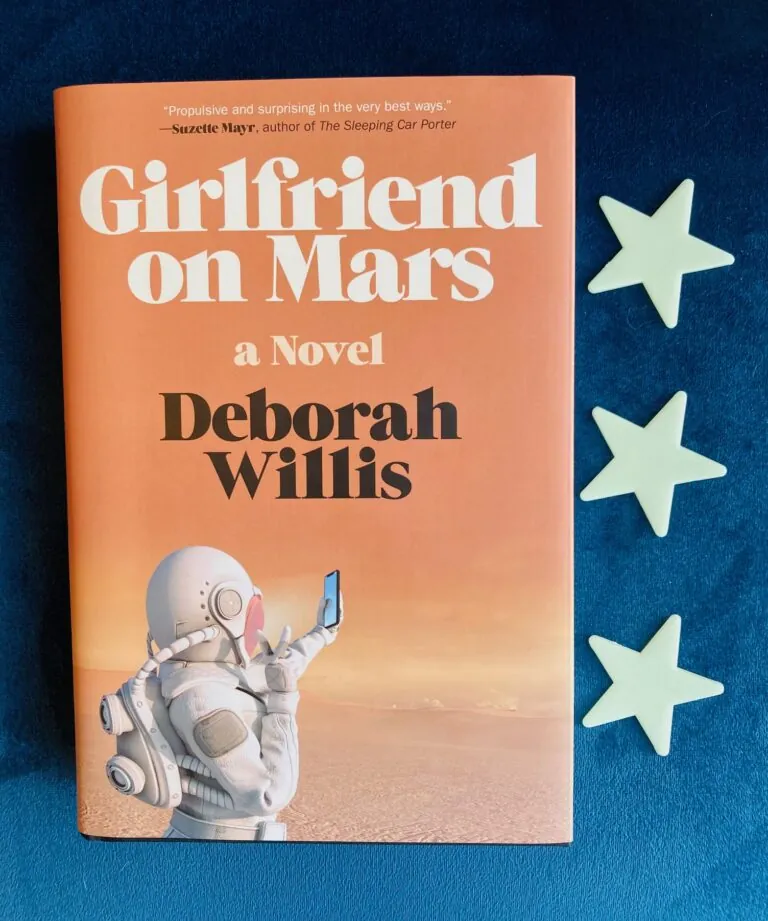
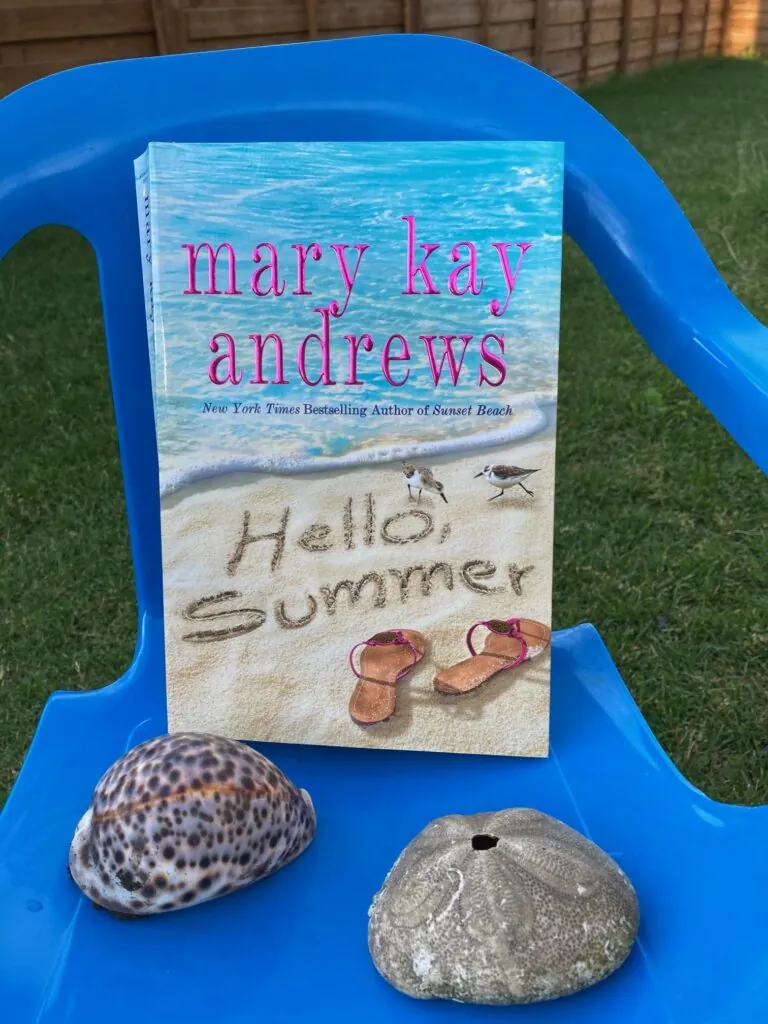
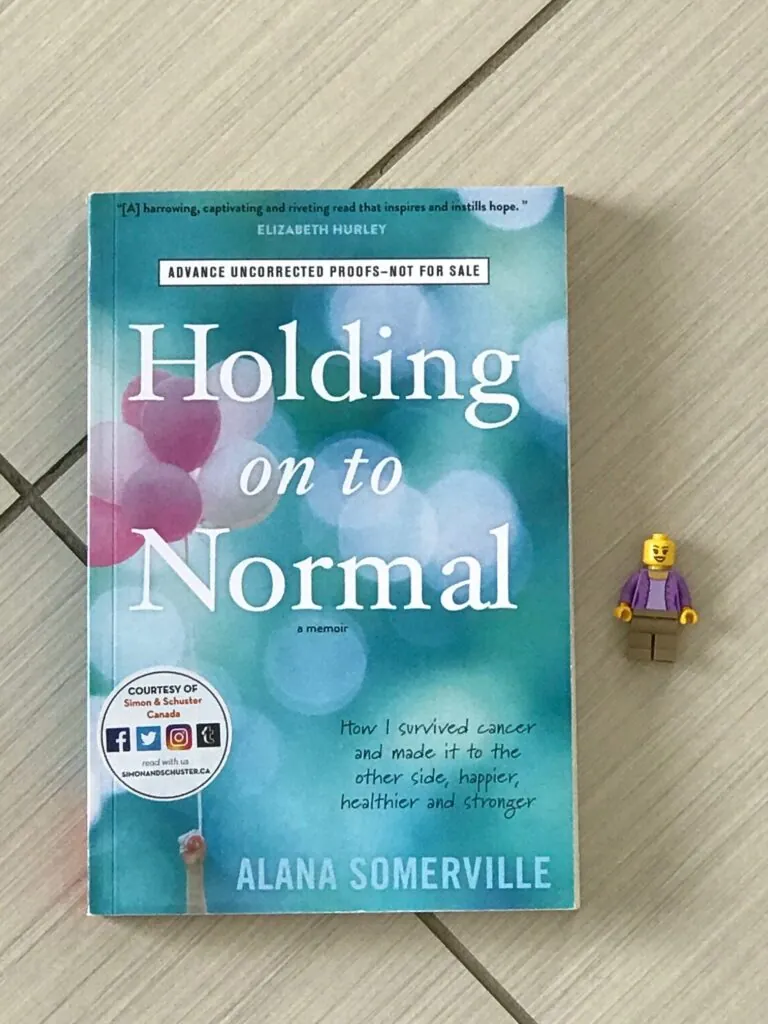
It does sound very strange, but quite enticing! A bunny with a grudge and an axe is a frightening prospect!
I think any animal with a grudge and an axe is scary! haha
I don’t think this is one for me because I get twitchy when characters, especially women, are being catty and mean to one another – I can’t stand the drama!
I know what you mean. I don’t mind it, but it definitely irks me too. In that case, stay away from this author entirely! haha
“And yet, I never found the storyline spiraling so out of control that I wanted to stop reading. What I enjoyed most about it was the humour in its depictions of creative writing students, and artists in general.”
This is what I remember about Bunny, too. Together we’ve read them both! (I’m still not sure: I admire her work, but I think I might be good with just one Bunny book. How ’bout you?)
Yes I feel the same way. I hope to get to Bunny one day, but now that I’ve read one of them, I think I can get the jist of them both.